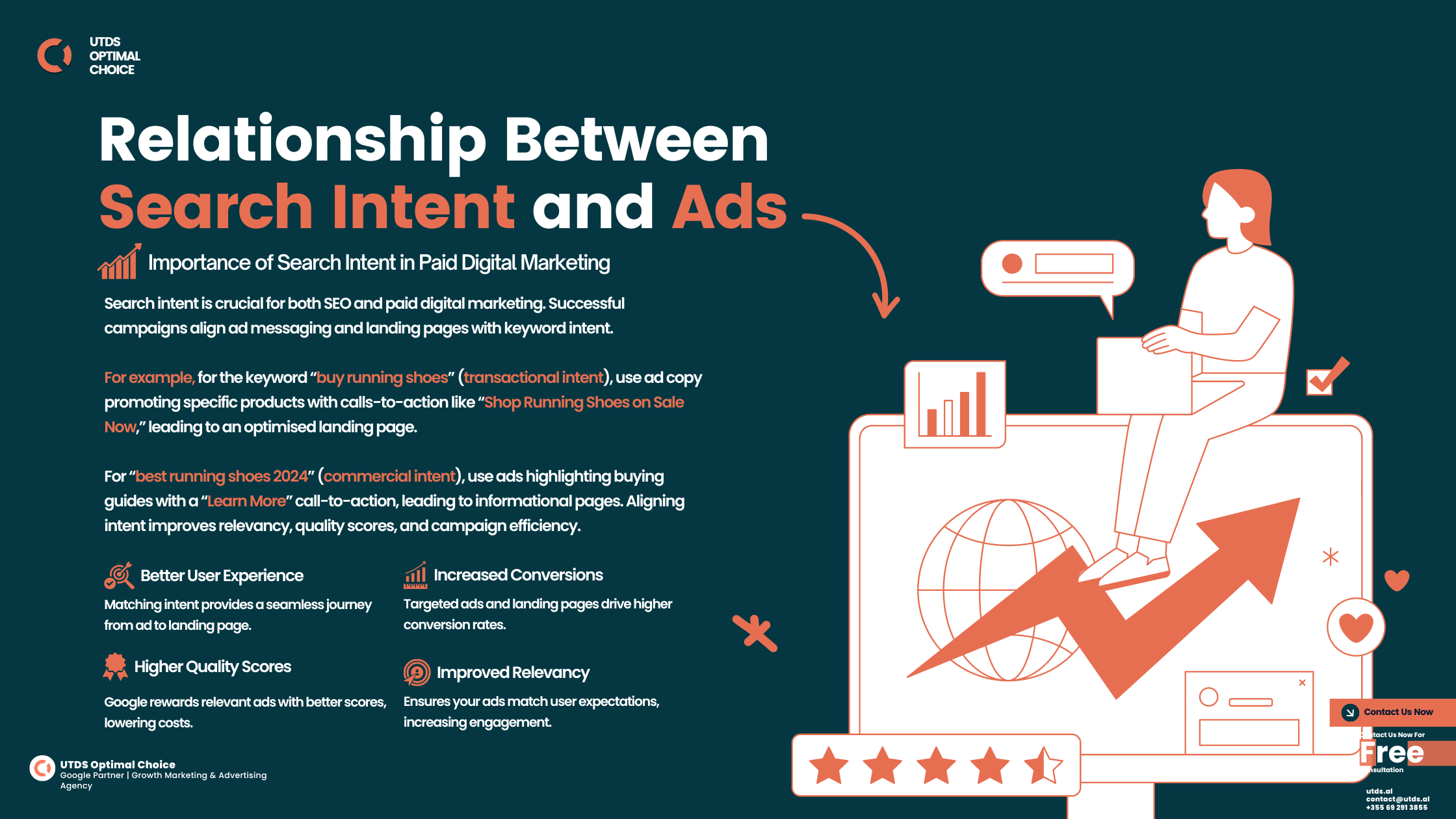SEO Gush
Insights and updates on the ever-evolving world of SEO.
What Your Search Queries Really Mean
Unlock the secrets behind your search queries! Discover what your searches reveal about you and boost your online strategy.
Decoding Your Search Queries: What They Reveal About You
Decoding your search queries goes beyond understanding the words typed into a search bar; it unveils a rich tapestry of insights about your interests, needs, and even your personality. Each query acts as a window into your life, revealing your concerns and curiosities. For instance, a search for 'best running shoes' indicates a potential interest in fitness, while queries like 'how to manage stress' suggest a focus on mental well-being. Thus, analysis of search data can provide marketers and content creators with invaluable information about target audiences, enabling them to tailor their strategies effectively.
Moreover, the nuances of search queries further distinguish individual behaviors. For example, searching for 'easy pasta recipes' might signify someone new to cooking, while a query like 'sophisticated wine pairings' could imply a more experienced culinary enthusiast. Recognizing these patterns allows for a better alignment between user intents and online content, ultimately enhancing user experience. In a world inundated with information, understanding what your search queries reveal is crucial, not only for personal insight but also for businesses seeking to connect authentically with their customers.

The Psychology Behind Your Search Queries: Insights and Implications
The psychology behind your search queries is a fascinating intersection of human behavior and digital interaction. When users input a query into a search engine, they are often driven by a specific need or question. This behavior highlights the importance of understanding user intent; whether it's informational, navigational, or transactional, each type of query reflects a unique psychological state. For instance, someone searching for "best running shoes" is likely in the consideration phase of a buying journey, showcasing their intent to make a purchase based on research. Understanding these motives allows content creators and marketers to tailor their strategies effectively.
Moreover, the implications of this psychological insight extend beyond mere content creation. By analyzing search queries, businesses can identify trends in consumer preferences and adapt their offerings accordingly. This can involve optimizing for specific keywords related to emerging topics or integrating emotionally resonant themes that resonate with users' current psychological states. For example, during times of uncertainty, search queries may reflect a heightened interest in wellness products, instructing brands to pivot their messaging to address these shifts in consumer behavior. In essence, leveraging the psychology behind search queries can offer a significant competitive advantage in the digital marketplace.
What Do Your Search Queries Mean? Understanding User Intent
Understanding user intent is crucial for optimizing your content and improving your site's SEO performance. When users conduct a search, they enter queries that reflect their needs and motivations. These queries can generally be categorized into three main types: informational, navigational, and transactional. For example, an informational query may involve users seeking answers to specific questions, while a navigational query indicates they are looking for a particular website. On the other hand, transactional queries suggest users are ready to make a purchase or perform an action. By aligning your content strategy with these user intents, you can better cater to your audience's needs.
To effectively tap into what your search queries mean, it's essential to analyze the intent behind them. Start by reviewing your site's analytics data to identify which keywords are driving traffic. Look for patterns in the queries and consider how you can create content that addresses the varying intents. For instance, if you notice a surge in informational searches, consider developing blog posts or guides that provide comprehensive answers. Alternatively, for mobile users aiming to complete transactions, product pages with clear calls to action can increase conversion rates. Remember, understanding user intent is not just about keyword rankings; it’s about creating a satisfying user experience that meets their expectations.